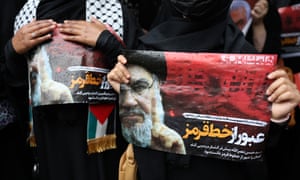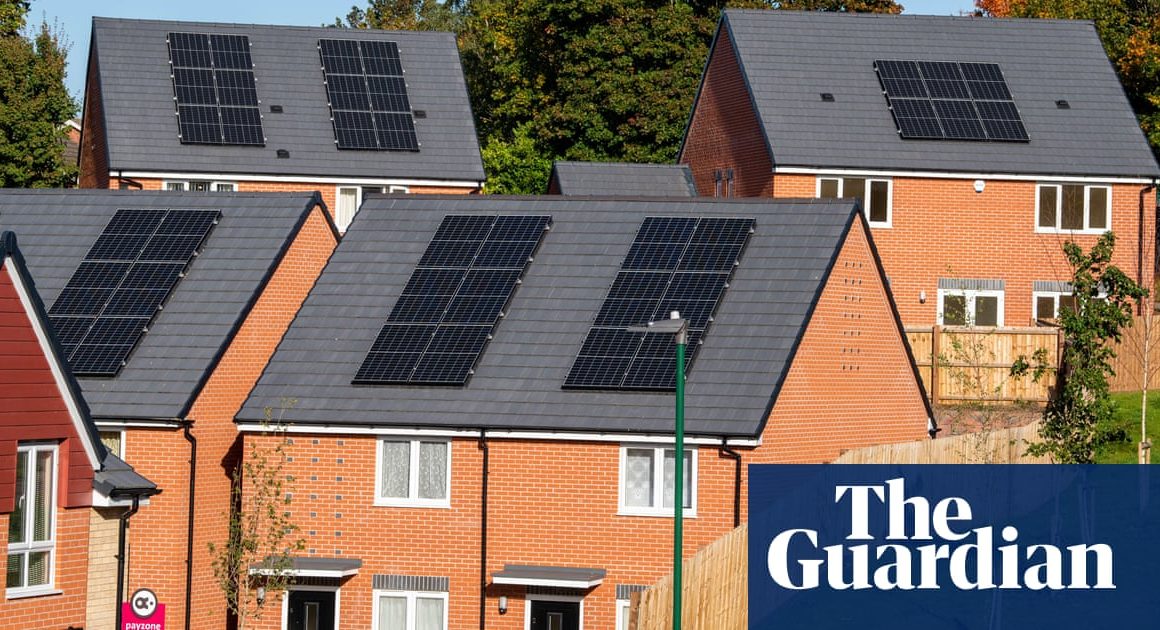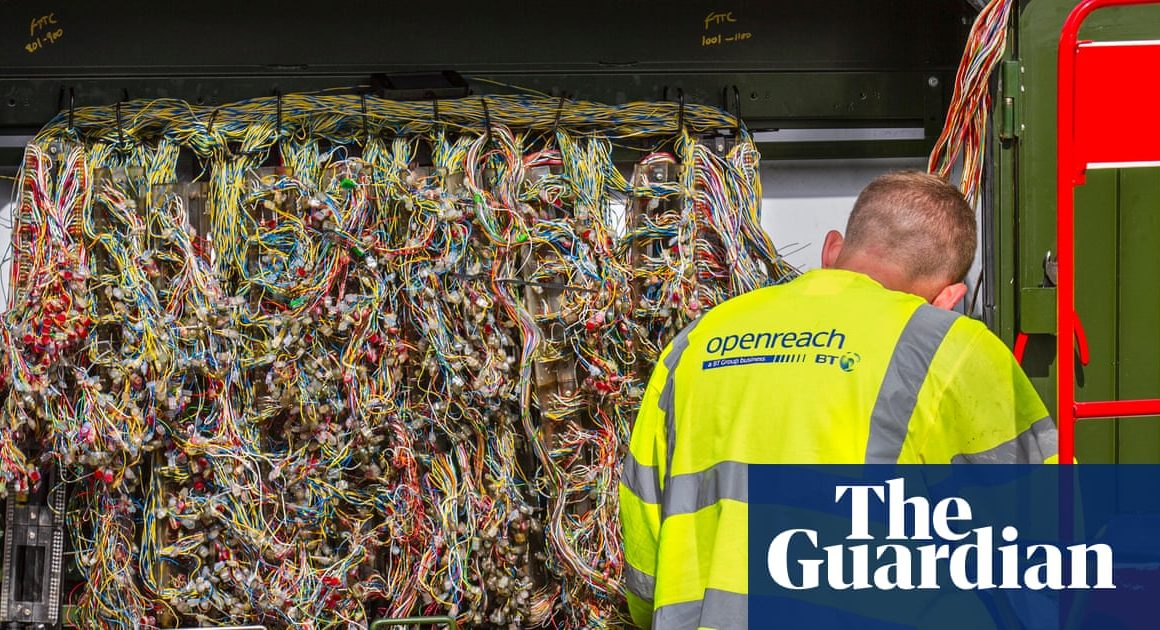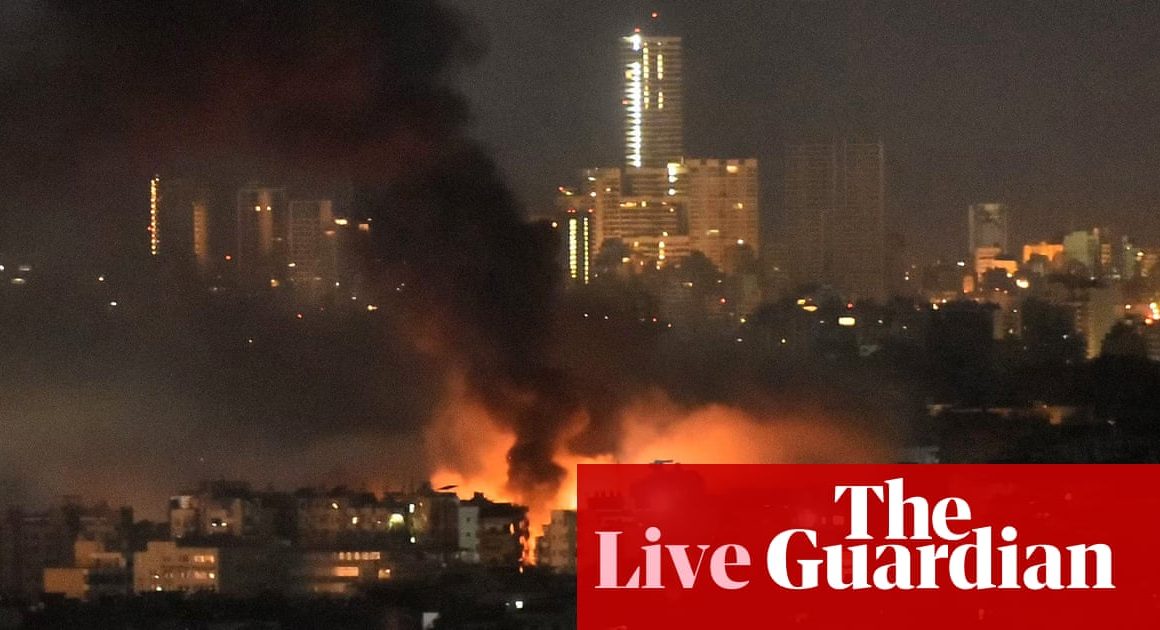It has been a startling – and deadly – few weeks in the Middle East. First came Israel’s detonation of Hezbollah pagers and walkie-talkies. Then it intensified airstrikes that have killed hundreds of civilians in Lebanon and led to thousands fleeing their homes. Then, on Friday, came the most shocking news: that Hassan Nasrallah, who had led Hezbollah for more than three decades, had been assassinated by Israel in a bunker below Beirut.
Since then, as the civilian death toll rises, a succession of the group’s leaders have met the same fate as Nasrallah. Jason Burke, the Guardian’s international security correspondent, explains why events have escalated so quickly. He tells Michael Safi how badly the assassinations have damaged Hezbollah, and whether the militant group can recover. And he explains how Iran is likely to react to these humiliating attacks on its proxy.
As Israel appears close to a ground invasion on Lebanon, Jason says the conflict, with its kaleidoscope of ever-changing, violent events, reflects the dangerous times we live in.

Photograph: Abedin Taherkenareh/EPA
Support The Guardian
The Guardian is editorially independent.
And we want to keep our journalism open and accessible to all.
But we increasingly need our readers to fund our work.
Support The Guardian










